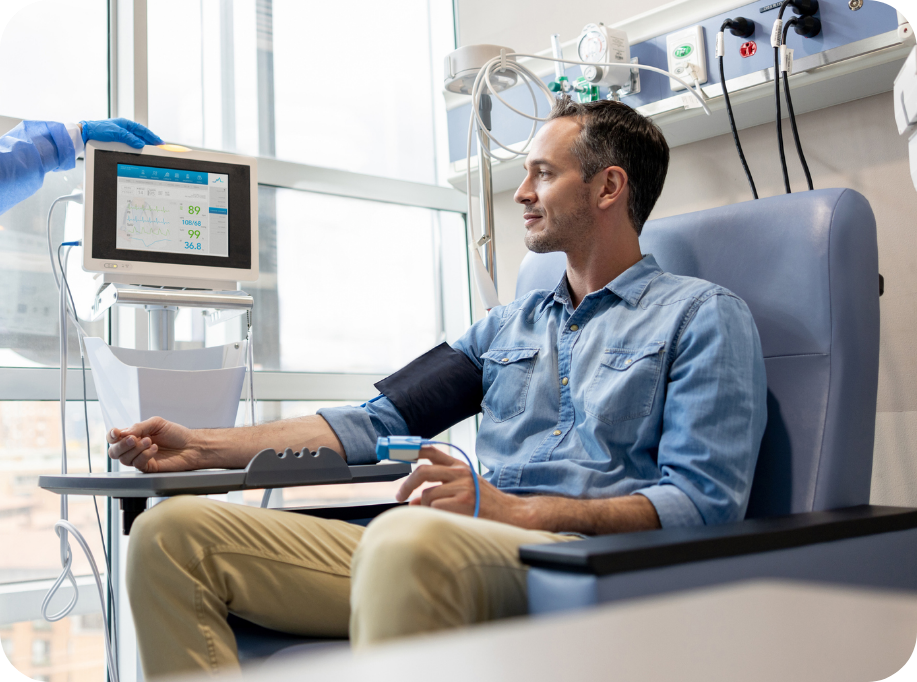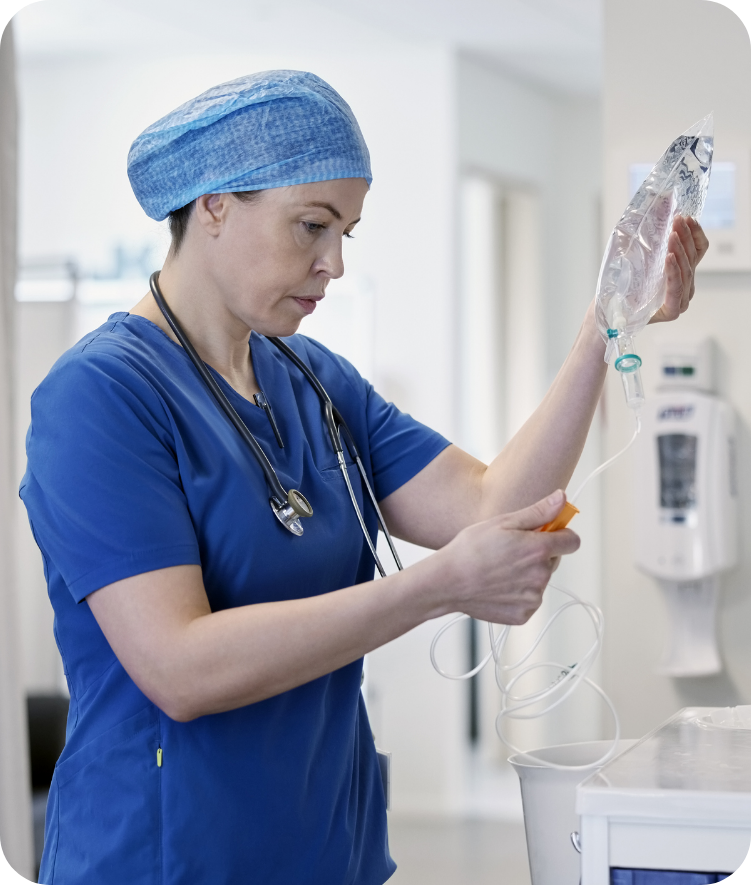
Gamma Globulin Infusion - IVIG Treatment in NJ and NY
Gamma globulin infusions in New Jersey, New York, and surrounding areas are a cornerstone in managing certain primary immunodeficiencies.

Gamma globulin infusions in New Jersey, New York, and surrounding areas are a cornerstone in managing certain primary immunodeficiencies.

Gamma globulin infusions, also known as IG therapy in NJ and NY, are a medical treatment for patients with weakened immune systems (primary immunodeficiencies). In this procedure, concentrated antibodies from donated blood are given through a vein. This helps boost the immune system, preventing repeated infections in individuals with immune deficiencies who may struggle to produce enough antibodies on their own. Without treatment, patients with primary immunodeficiencies are at a high risk of contracting certain infections and illnesses.
The regular administration of gamma globulin infusions in New Jersey and New York plays a vital role in enhancing overall immune function and improving the quality of life for individuals facing primary immunodeficiencies.

Intravenous Immunoglobulin Infusions (IVIG): IVIG in New Jersey and New York is administered every 4 weeks. Infusions generally take 4- 6 hours. Products include:
Subcutaneous Immunoglobulin Infusions (SCIg): SCIg in NJ and NY is administered every 1-2 weeks. Infusions generally take 1-2 hours and usually require 4 injection sites per infusion. Products include:
Facilitated Subcutaneous Immunoglobulin Infusions (fSCIg): fSCIg in New Jersey & New York is administered every 3-4 weeks. Infusions generally take 2-4 hours and usually require 2 injection sites per infusion. Products include:
Gamma Globulin infusions in NJ and NY are used to effectively treat primary immunodeficiencies. The most common types of primary immunodeficiencies are listed below:
A primary immunodeficiency disorder characterized by reduced production of many antibodies, leading to frequent infections.
A condition marked by a deficiency in a specific antibody, making individuals vulnerable to particular infections such as sinus infections, ear infections, or pneumonia.
The most common adverse effects of gamma globulin infusions are headache, fatigue and muscle pains
It is your choice. Weekly subcutaneous infusions are administered at home. Intravenous or Facilitated Subcutaneous Gamma Globulin can be received at home, at an infusion center, or in our office. At Impact Medical, we have designated private rooms for gamma globulin infusions.
